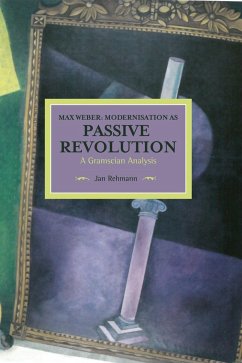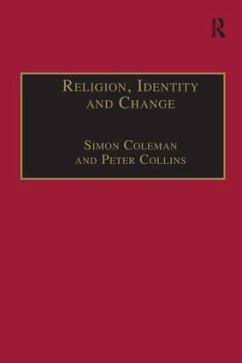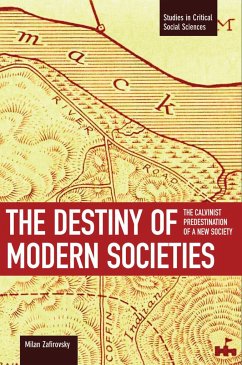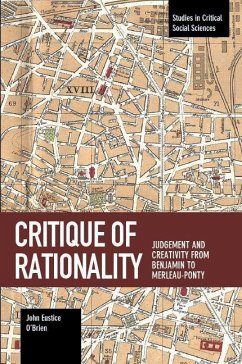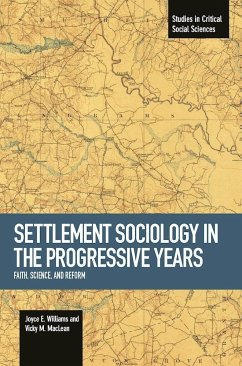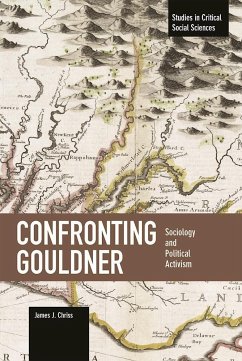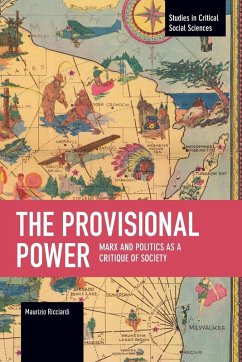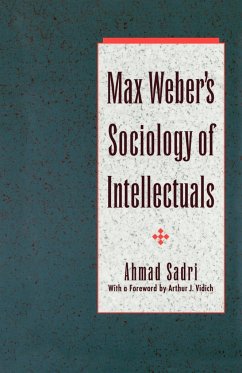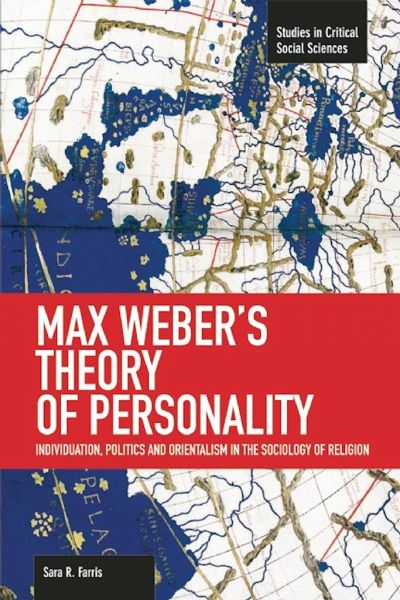
Max Weber's Theory of Personality
Individuation, Politics and Orientalism in the Sociology of Religion
Versandkostenfrei!
Versandfertig in über 4 Wochen
30,99 €
inkl. MwSt.

PAYBACK Punkte
15 °P sammeln!
Widely considered the founding-father of Sociology, Sarah Farris's excellently argued book shows that Max Weber was also deeply orientalist.





